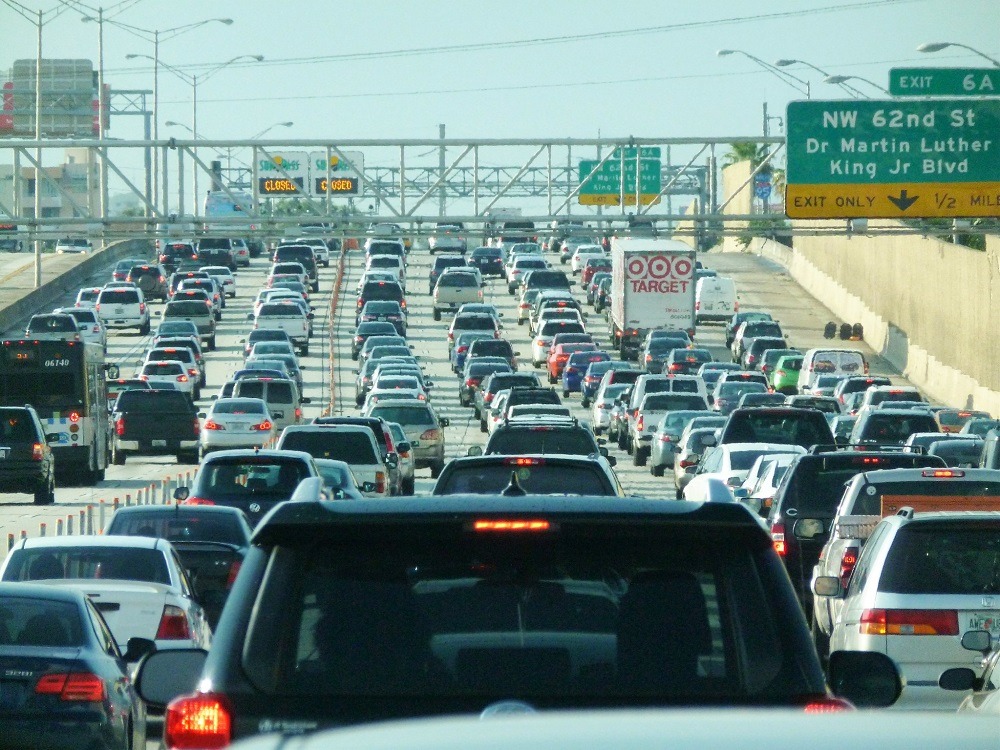From the food employees eat to the amount of paper they use, working in an office can be bad on the environment - with one company urging businesses to adopt flexible working instead

Flexible working is becoming more of an expectation rather than perk for employees
From helping parents with childcare to enabling a work-life balance, flexible working has many benefits – and the environment could be another one to add to the list. Alex Tebbs, co-founder of unified communications company VIA, explains how.
We often hear about remote or flexible working as something that younger generations are increasingly viewing as less of a perk and more of a basic requirement for a job role.
That’s because society and the way we live our lives has changed, but businesses can sometimes be reluctant to take the plunge with remote working.
The benefits of remote working are wide-ranging and cover everything from employee happiness to productivity, but many business owners often forget about the significant environmental benefits that remote working can provide.
Here are just some of the ways in which remote working can improve your company’s carbon footprint and contribute to a cleaner, greener planet.

Four ways flexible working benefits the environment
Remote workers have a reduced reliance on fossil fuels
More and more people are switching to green energy to power their home’s electricity consumption.
Sometimes businesses can be reluctant to invest in green electricity for their office space, but your remote workers will be able to charge their devices from their own power supply, confident in the knowledge that the energy source is not harming the planet.
It is likely that your team’s energy usage will decrease naturally due to remote working anyway, as the majority of office spaces have some sort of artificial “always on” lighting.
But the freedom to work from home means your employees can capitalise more on natural light by working in well lit rooms of their house, or even outside in nice weather!
Fewer commuters means lower emissions – and more free time
The fewer people commuting to an office everyday, the less congestion there is likely to be on the roads and there is reduced pressure on public transport during peak travel times.
Even if your staff members want to work at a local coffee shop or library rather than at home, the chances of those spaces being in walking or cycling distance are often higher than for an office space.

Rather than spending their mornings sat in traffic releasing harmful carbon emissions, your remote workers can spend this extra time preparing for the working day – whether that be walking their children to school, practising mindfulness or spending some time on a creative outlet.
This time could even be used to work on their own environmental projects, perhaps gardening or setting up a vegetable patch to move away from imported goods towards homegrown produce.
It’s important in this day and age for your workforce to be able to maintain a positive work-life balance, and this extra time in the day can make a huge difference.
Remote workers use less paper and plastic
Working in an office often means people have to commute, which gives them less time to prepare home-made lunches and can make people more prone to buying food on-the-go.
If we think about the amount of plastic present in a typical meal deal, it’s easy to see how this can add up significantly over time.
Making a cup of coffee at home rather than grabbing one in a disposable cup from an overpriced coffee chain every day is just one of the ways in which our plastic consumption can be reduced significantly.
Similarly, the amount of paper we use can also be cut down while remote working.

Simply due to the nature of remote working, businesses that offer this as an option will need to provide a centralised online hub of all the documents and resources employees need to do their day to day work.
This shift to paperless working enables team members to stay on top of company activities and updates while working remote – or even part-time – much more easily.
Easier to follow an eco-friendly diet
Something which is being talked about more and more is the impact that our diet can have on our carbon footprint.
Depending on the location, access to vegetarian and vegan options may be limited while working in an office, but working from home gives your employees more opportunity to prepare meals, cook in bulk and make more considered decisions when it comes to food.
Remote working gives people more freedom to choose the kinds of foods they want to eat and to reduce the amount of material and food waste they would otherwise produce.
As public awareness of environmental issues continues to rise, businesses should make sure to bear in mind the advantages that remote working can bring to their company in terms of culture, employee loyalty, and their carbon footprint.


